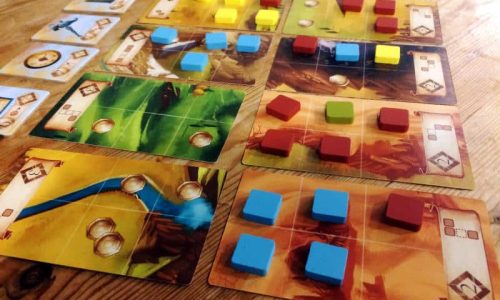
Teaching games – responsibilities as a learner (Topic Discussion)
- Nelly
- July 14, 2024
- Board Games
Teaching games can be a fun and engaging way to learn new skills and concepts. However, as a learner, there are certain responsibilities that must be followed in order to get the most out of the experience. In this article, we will discuss some of these responsibilities and how they can contribute to the overall success of the learning process.
One of the key responsibilities as a learner when engaging in teaching games is to actively participate and engage in the activity. This means paying attention to instructions, asking questions when needed, and actively trying to solve problems or complete tasks. By actively participating, learners are able to fully immerse themselves in the learning experience and gain a better understanding of the concepts being taught.
Another important responsibility as a learner is to demonstrate good sportsmanship and fair play. Teaching games often involve competition, and it is important for learners to show respect for their fellow players and abide by the rules of the game. This not only creates a positive learning environment but also helps to build strong interpersonal skills that are valuable in all aspects of life.
Additionally, learners have a responsibility to practice good communication skills during teaching games. This includes listening to instructions carefully, asking for clarification when needed, and effectively communicating ideas or strategies with other players. By improving communication skills, learners are able to work more effectively with others and contribute to the overall success of the game.
Furthermore, learners have a responsibility to reflect on their performance and learn from their mistakes. Teaching games provide a valuable opportunity to practice and refine skills, and by reflecting on what went well and what could be improved, learners can continue to progress and grow. This self-reflection can also help learners set goals for future games and strive for continuous improvement.
Overall, engaging in teaching games as a learner comes with a set of responsibilities that contribute to a positive and effective learning experience. By actively participating, demonstrating good sportsmanship, practicing good communication skills, and reflecting on performance, learners can maximize the benefits of teaching games and enhance their overall learning outcomes. So, next time you participate in a teaching game, remember to embrace these responsibilities and watch as your skills and understanding grow.




